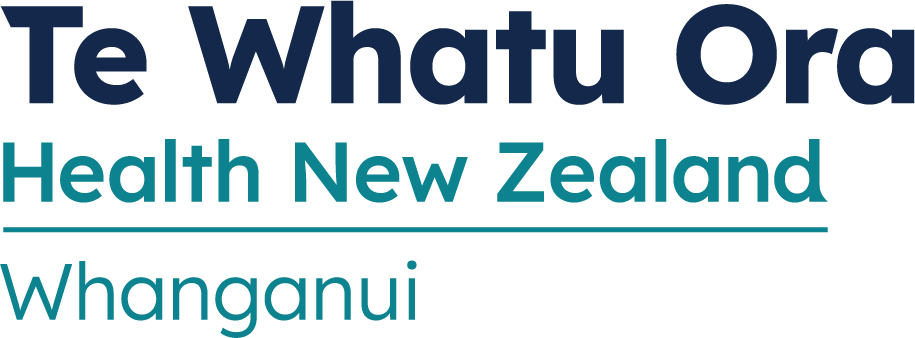

Some of the team working on the bowel screening programme – back row (from left), Ngawini Martin, Marie Denton, Nanette Pirikahu-Smith, Sue Hina, Darnella Hawira, Jo Cormack, Judy McIntyre, Deborah Pikimaui, Rihi Karena, Bonnie Sue, Janine Spence, Ben McMenamin and Ned Tapa; front, Sherilyn Walker, Paula Green and Jasmine Kaa.
11 November 2020
Whanganui District Health Board has celebrated a successful first year of its bowel screening programme.
Twelve months promoting the programme has resulted in a 67 per cent participation rate from the easy-to-use test kits that have been posted out.
And among that group, 11 cancers have been detected.
Project lead Ben McMenamin said: “For 11 families, this work has been life-changing.”
Bowel cancer is the second biggest cancer killer in New Zealand, claiming 1200 Kiwi lives every year, and the screening programme is for men and women aged 60 to 74 years.
Screening can save lives by helping find the cancer early when it can often be successfully treated. People who are diagnosed with early stage bowel cancer, and who receive treatment early, have a 90 per cent chance of long-term survival.
Whanganui DHB has reported a 67 per cent take-up in people completing the test kits. The national target is 60 per cent and the figures put Whanganui among the best-performing DHBs in the country.
The response has delighted McMenamin who said: "Our team has worked hard to promote bowel screening and encourage people to complete their kits. We're very heartened to see the impact that screening is already having in our communities."
He was especially pleased by the Māori and Pasifika participation rates of 67 per cent and 71 per cent – again, among the best stats in the country.

A breakdown of the number of kits completed in the Whanganui region.
McMenamin has given presentations to other DHBs about how Whanganui has successfully rolled out its programme – a programme which has seen 130 colonoscopies and five CT scans performed, and 61 people put on surveillance after being identified as having a higher risk of developing bowel cancer, as well as the 11 cancers detected.
And he stressed the importance of people completing the simple test which is done at home and detects minute traces of blood in a sample of faeces (poo) which can be an early warning sign for bowel cancer. The sample is posted off and checked.
People are notified if further investigation is required, typically through a colonoscopy procedure. Follow-up investigation and treatment are all free.
McMenamin said a positive test result did not necessarily mean cancer, but it did mean further investigation was needed.
Dr John McMenamin pleased with rollout
Well-known Whanganui GP Dr John McMenamin is the primary care lead for National Bowel Screening Programme, and he was particularly pleased with the Whanganui rollout.
“Whanganui is celebrating the first anniversary of the National Bowel Screening Programme with pride because we have surpassed the goal for participation.
“This is important because the more people who participate, the more cancers we find. If not for the screening programme, these cancers would not have shown up for some years. We found them early, resulting in much better outcomes for those people.
He said many people had contributed to the success of the programme and he particularly noted the importance of the general practice teams who had encouraged their patients to participate and managed the positive results.
“Internationally, encouragement from a GP or nurse has been shown to increase participation a lot.
“More important still is the role GPs and practice nurses have performed in boosting the participation for Māori, Pasifika and otherwise disadvantaged patients.
“General practice staff have a reminder on their computer software which prompts them to have a conversation emphasising for patients 60-74 years old how important it is to participate in the programme.
“General practice teams have been a critical part of the success of the Whanganui programme and can be proud of the first year results.”
Further information about the bowel screening test is available by calling 0800 924 432.



